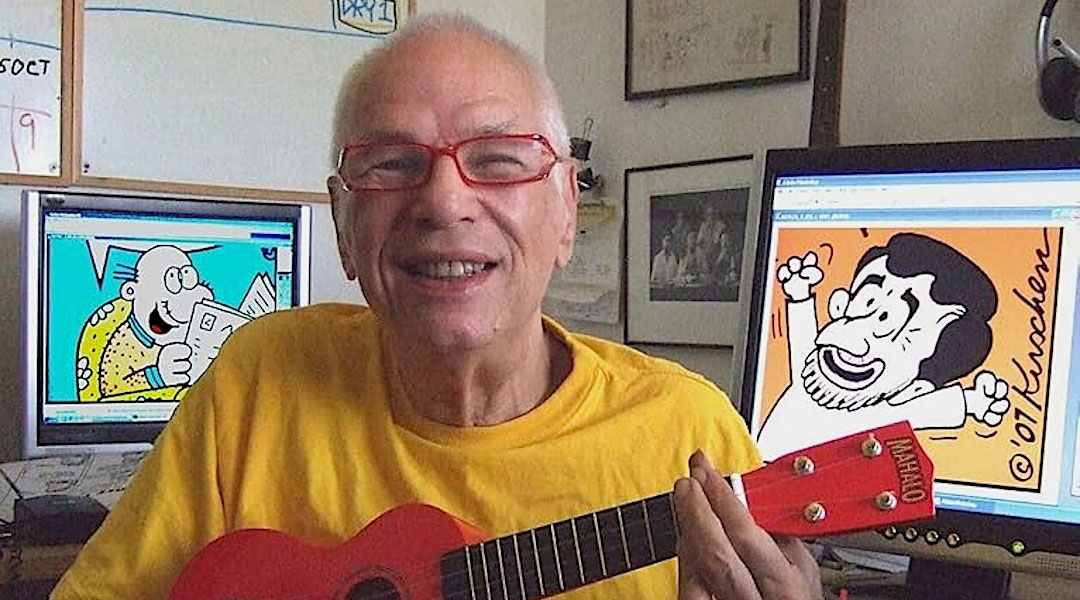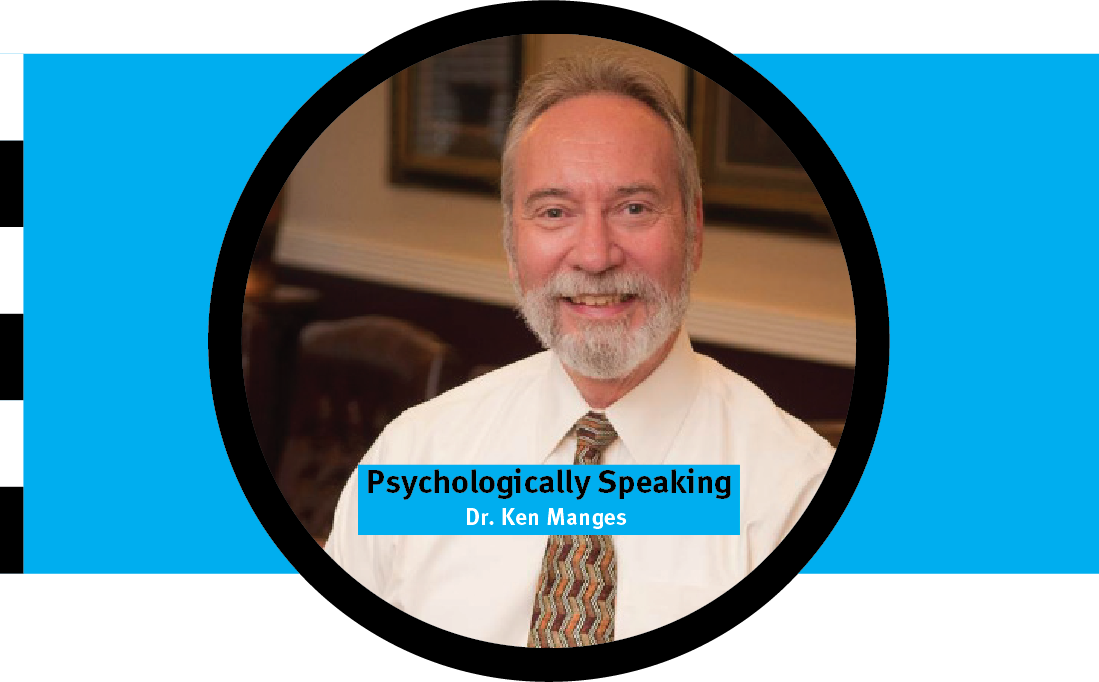May 30, 1972 — 26 Killed in Lod Airport Massacre

Kozo Okamoto, the only surviving terrorist from the Lod airport massacre, stands trial at the Tzrifin military court in July 1972. By Moshe Milner, Israeli Government Press Office, CC BY-SA 3.0.
Three Japanese Red Army terrorists with machine guns and grenades kill 26 people at the Lod airport in an attack contracted by the Popular Front for the Liberation of Palestine. Eight of the victims are Israelis, including biophysicist Aharon Katzir, considered a presidential candidate. One Canadian and 17 Christian pilgrims from Puerto Rico also are killed. Two terrorists die in the attack; the third is captured, tried and convicted.
May 31, 1665 — Shabbetai Zevi Declares Himself Messiah

A 1665 portrait, used as an illustration in the 1906 Jewish Encyclopedia, shows Shabbetai Zevi before his forced conversion to Islam.
Shabbetai Zevi, a gifted scholar who has shown signs of mental illness, declares himself the Messiah after meeting with a mystic, Nathan of Gaza, who reinforces Zevi’s delusions. Zevi, banished from Smyrna for violating Jewish law, carries his message to Syria and Turkey and gains many followers. Ottoman officials arrest him in 1666 and let him choose conversion to Islam or execution; he picks Islam.
June 1, 1967 — Dayan Is Named Defense Minister

Moshe Dayan, flanked by assistant Moshe Perlman (left) and army spokesman Brig. Gen. Aryeh Shalev, speaks at his first press conference as defense minister June 3, 1967. Israeli Government Press Office, CC BY-SA 3.0.
Facing growing tension with Egypt, Israeli Prime Minister Levi Eshkol appoints Moshe Dayan to replace him as the defense minister. Dayan is valued for his military experience and for his ties to former Prime Minister David Ben-Gurion. The move is part of the effort to form a national unity government, which includes adding Menachem Begin and Yosef Sapir to the Cabinet as ministers without portfolio.
June 2, 1990 — Oscar Winner Part of Tel Aviv Student Film Festival

A poster promotes the third Tel Aviv International Student Film Festival.
The third biennial Tel Aviv International Student Film Festival opens in the Adolfo and Thelma Fastlicht Auditorium at Tel Aviv University, whose film students and faculty founded the festival in 1986. Divided into international and Israeli films, it is one of the most prestigious student film festivals in the world. The 1990 winners include American Adam Davidson for “Lunch Date,” which wins the Oscar for live-action short film in 1991.
June 3, 1974 — Rabin First Becomes Prime Minister

Yitzhak Rabin, shown in 1975, became prime minister June 3, 1974, less than five months after he was first elected to the Knesset. By Ya’acov Sa’ar, Israeli Government Press Office, CC BY-SA 3.0.
After defeating Shimon Peres for the Labor Party leadership, Yitzhak Rabin becomes Israel’s fifth prime minister when he presents his coalition government to the Knesset. In succeeding Golda Meir, who resigned over criticism of the Yom Kippur War, Rabin pledges to target poverty and reduce social and economic gaps. He proposes incremental agreements with Israel’s neighbors to achieve a peace unreachable through military victories.
June 4, 2009 — Obama Seeks Reset in Cairo Speech

President Barack Obama speaks to the Muslim world from Cairo University during his first Middle East visit in office June 4, 2009. White House.
President Barack Obama calls for “a new beginning” in relations between the United States and the Muslim world during an address at Cairo University. The policy speech makes clear that Obama is pivoting away from the Bush administration’s effort to spread democracy across the Middle East. Obama reaffirms the U.S. commitment to Israel and recognizes the desire for statehood among the Palestinians, whose situation he calls “intolerable.”
June 5, 1952 — Hadassah Medical Center Breaks Ground

Hadassah Hospital has overlooked most of Jerusalem from Ein Kerem since the groundbreaking June 5, 1952. By Mark Neyman, National Photo Collection of Israel, CC BY-SA 3.0.
Hadassah breaks ground on the Hadassah Hebrew University Medical Center at Ein Kerem as a replacement for its medical campus on Mount Scopus, which is beyond Israel’s area of control in Jerusalem and hasn’t been used since 78 medical personnel were massacred a month before Israel declared independence. The Ein Kerem complex opens in 1961 and retains its primary status even after Mount Scopus reopens in 1975.
Items are provided by the Center for Israel Education (israeled.org), where you can find more details.





